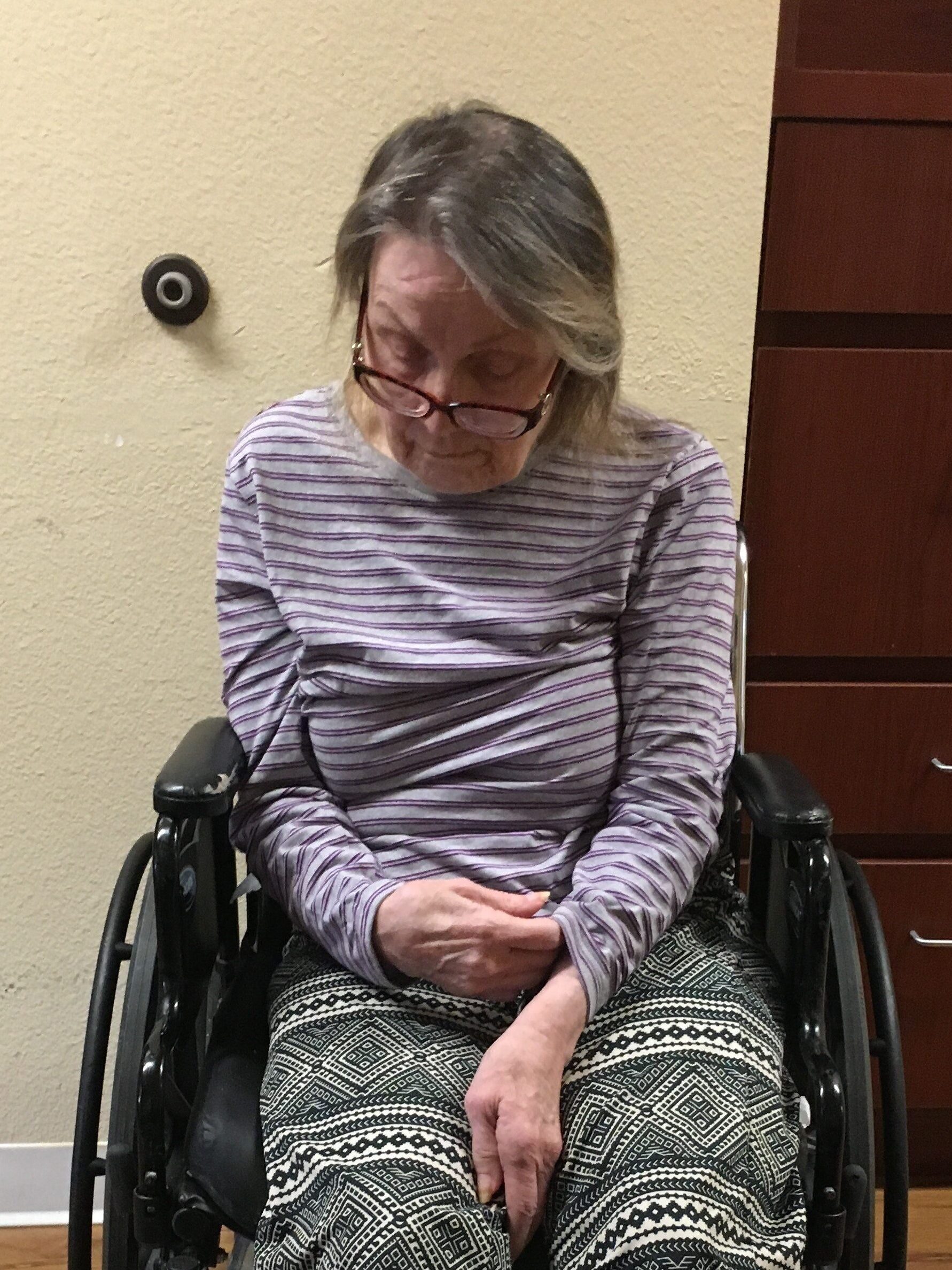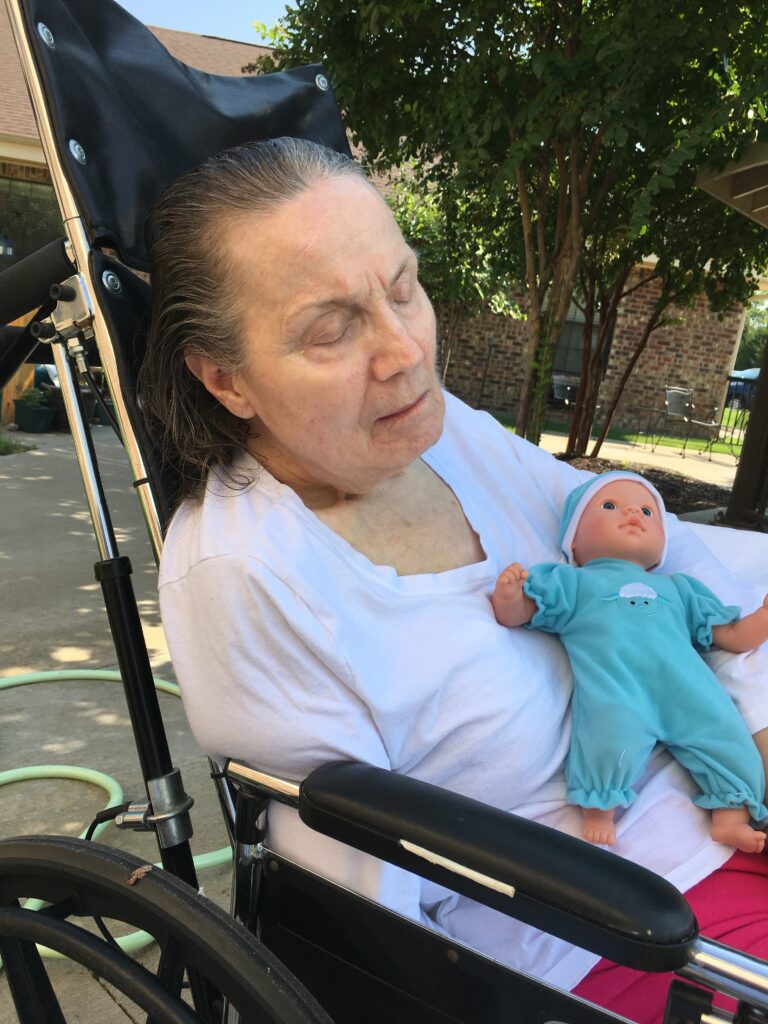What’s the difference between a nursing home and assisted living?
Often, the terms “nursing home” and “assisted living” are used interchangeably. They are not the same thing, but are both types of long-term care. In Kentucky, there are different levels of long-term care, which basically breaks down to the way a facility or section of the facility is licensed and certified.

Assisted living facilities are not licensed and do not accept Medicare or Medicaid. They sometimes take long-term care insurance but are generally private pay. They offer minimal assistance with daily living activities, meals and snacks, and self-administration of medicines. They do not offer nursing care. They are essentially for senior adults who primarily need community and socialization. Personal care homes are licensed by the state and do accept some forms of state supplement benefits. They provide continuous supervision of residents, basic health-related services, personal care services, and social and recreational activities. Skilled nursing facilities are what most people know as “nursing homes.” They are licensed by the state and most accept Medicare, Medicaid, VA benefits, and other forms of LTC insurance. They provide the highest level of care including therapy, assistance with activities of daily living, management of medications, custodial and restorative nursing care.
For more info, please visit: https://www.webmd.com/health-insurance/nursing-home-care
Other things you may not know…
Not everyone in long-term care is elderly.
In skilled nursing facilities, not all the residents are elderly and not all are there to stay. Some residents are only there to receive rehabilitation therapies. and will return home once they are able. Some residents, though not senior citizens, are in nursing homes due to a variety of health needs which require high level, 24 hour care.
Most nursing home residents are impoverished.
The average nursing home in Kentucky costs $6,900 per month, and many private insurance plans do not cover long-term stays. Therefore, most residents end up enrolled in Medicaid to cover the costs beyond what their own assets, retirement, and social security will provide. As such, residents are allotted a monthly allowance, which in Kentucky, is now $60. That number varies by state, with the lowest amount being $30 and the highest $200 (Alaska…the only state with a needs allowance that high).
Nursing homes do not supply as much as you think.
At the most basic level, yes, nursing homes supply residents’ needs. But remember, these are usually for-profit facilities, so they’re going to use the cheapest and least amount of supplies. It’s not uncommon for residents to run out of tissues, adult diapers, lotion, or shampoo. Residents are often lacking socks, shoes, pajamas, or clothing. Losing things like their glasses, dentures, or hearing aids happens all too often. So their monthly allowance has to cover anything “extra” such as haircuts, snacks, new socks, shoes, and other personal items that we take for granted, such as perfume, makeup, electric razors, name brand lotions or shampoos, notepads or pens. Some nursing homes do not provide in-room phones and so the residents is responsible for purchasing his or her own cell phone. Their allowance doesn’t go very far.


There are no doctors on site.
According to federal law, nursing homes are not required to have a physician on site at all times. Many facilities employ nurse practitioners and have a physician who serves as medical director check in and oversee the nurse practitioner from time to time. There is no pharmacy on site either.
Federal law only requires one RN.
Federal law requires that nursing homes provide “adequate” staff, which includes ONE licensed nurse 8 hours a day. Yes, that’s one nurse for the entire facility. Most nursing homes will employ more than one, but their primary caregivers are CNA’s (certified nursing assistants).
The local ombudsman is sometimes the only advocate a resident has.
Ombudsman is a Swedish word for advocate. In Kentucky, there are 15 ombudsmen, one for each development district. The ombudsman is often the only voice a resident has. It’s the job of the ombudsman to protect the rights of nursing home residents and to identify, investigate and resolve residents complaints. For more info, please visit: https://ombuddy.org/

